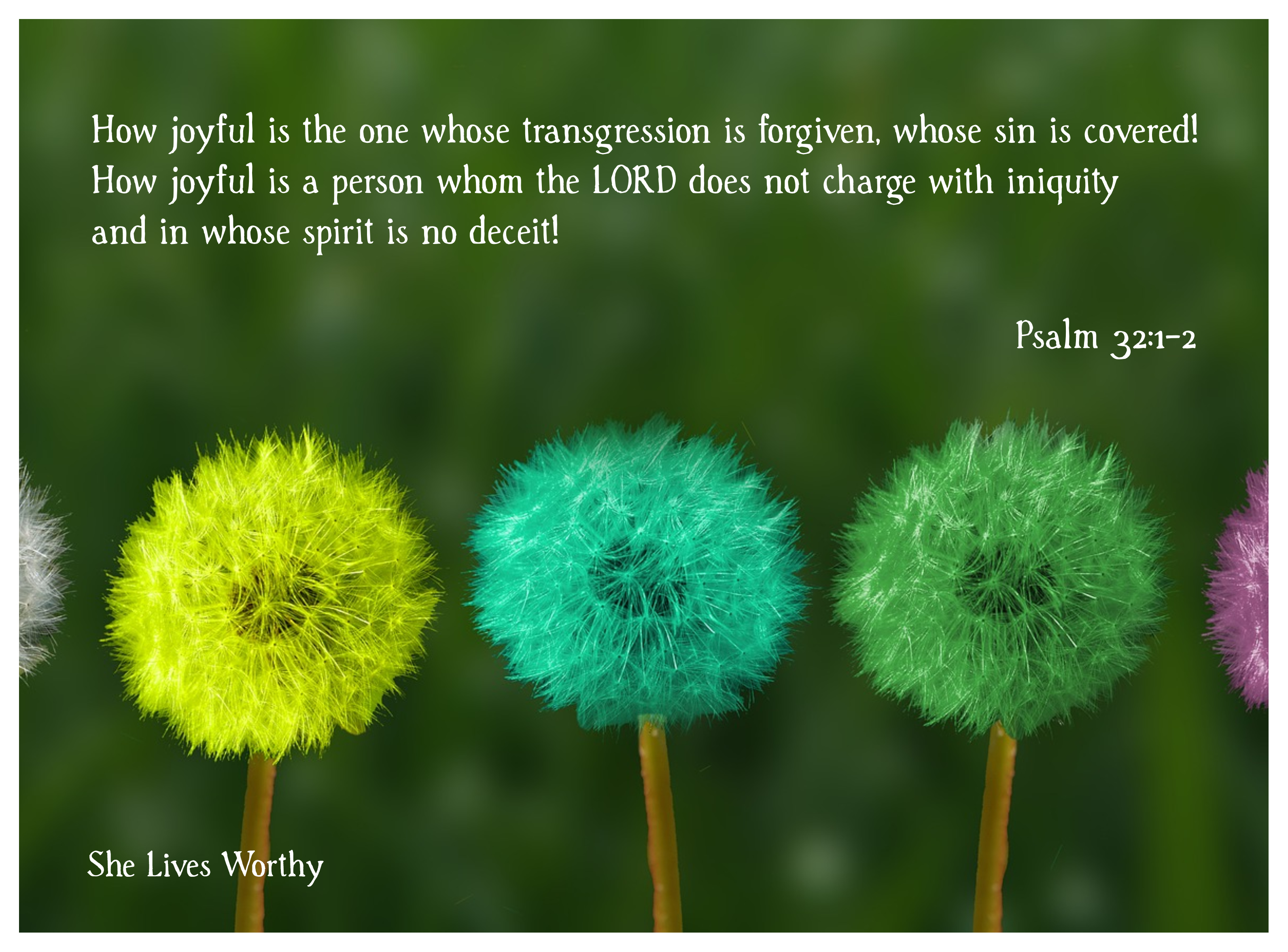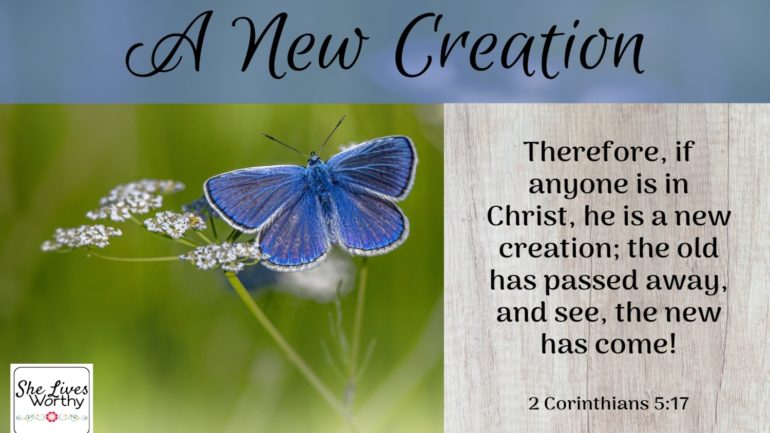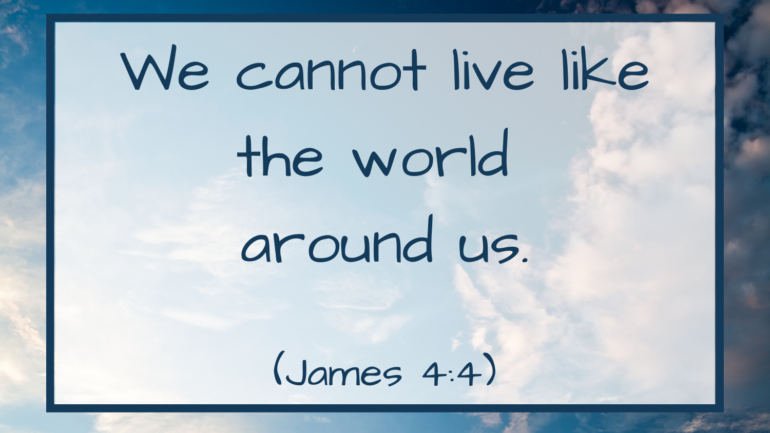I’m not much of a gardener, but this year I decided I wanted to plant a flower garden. My sons and I carefully pulled all the weeds from a patch of soil near our house. Then, we sowed some wildflower seeds, and that’s all we did. We didn’t weed or water the garden. Instead of the beautiful flower garden that I had envisioned, our neglect resulted in a healthy patch of weeds, with two or three brave flowers attempting to grow among them.
Unfortunately, I don’t always tend to my heart any better than I tended to my garden. I can go days (or longer) without reading my Bible. My prayers are often of the “thank you for this food” variety. My thoughts go more to worldly pursuits than godly ones. As a result, I find weeds of sin popping up in my heart. I become irritable and impatient with my kids. I start to speak unkindly to my husband. My thoughts turn negative and selfish.
If weeds of sin are allowed to grow unchecked in our hearts, they will soon take over, making it hard to bloom for Christ. Ignoring our sin is not an option. Unconfessed sin can have many negative effects. It hinders our fellowship with God, causing Him to turn His face away from us (Isaiah 59:2). It hurts those around us, damaging our relationships with family and friends. It also can affect our health, leading to discouragement and depression, as well as other physical symptoms (Psalm 32:3-4). Our calling in Christ is to be holy and blameless (Ephesians 1:4). Obviously, we cannot live worthy of that calling if our hearts are overgrown with weeds of sin.
How, then, do we uproot the sin in our hearts? The first step is to recognize our sin. The Bible says we all sin (Romans 3:23; 1 John 1:8). Sometimes, though, we may be blind to our sin. We may also try to justify it rather than admitting that it is sin. People try to make excuses for things such as worry, gossip, and impatience, not realizing that these are sins too. All sin is offensive to God, no matter how small or insignificant it may seem to us. If we break even one of God’s commands, we are guilty of breaking them all (James 2:10). I find praying Psalm 139:23-24 helpful as I try to identify the sin in my heart:
Search me, God, and know my heart; test me and know my concerns. See if there is any offensive way in me; lead me in the everlasting way.
Once we identify our sin, the next step is confession. If we confess, God will forgive us and cleanse us from our sin (1 John 1:9). Confession is admitting to God that we have sinned and seeking His forgiveness. We must also repent, which means that we do our best to not do it again. We should seek forgiveness for the sins we knowingly commit, as well as those that we may not be aware of. In Psalm 19:12-13, David prays that God will cleanse him from hidden faults and keep him from willful sins. David goes on to pray that his words and thoughts would be pleasing to God. Our evil thoughts and desires are the source of our sin (James 1:14-15). Our words can also be a source of great sin against others (James 3:1-10). If we can learn to control our thoughts and our tongues, we will be able to avoid many sins. However, we cannot do this on our own. We must rely on the Spirit to help us, for on our own we do not have the power to resist sin (Galatians 5:16-18).
We all struggle with weeds of sin in our hearts. The good news is that we do not have to allow those weeds to keep growing. With the help of the Spirit, we can uproot our sin. God promises to forgive us if we will confess. Let’s all spend some time today identifying and confessing our sin. Then we can rejoice with David, who said, “How joyful is the one whose transgression is forgiven, whose sin is covered! How joyful is a person whom the LORD does not charge with iniquity and in whose spirit is no deceit” (Psalm 32:1-2)!







Controlling the Chaos-6 Steps to Self-Control - She Lives Worthy
[…] Weeds of Sin […]